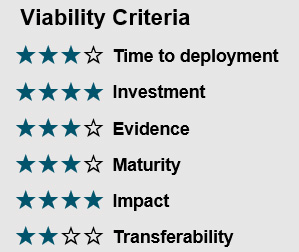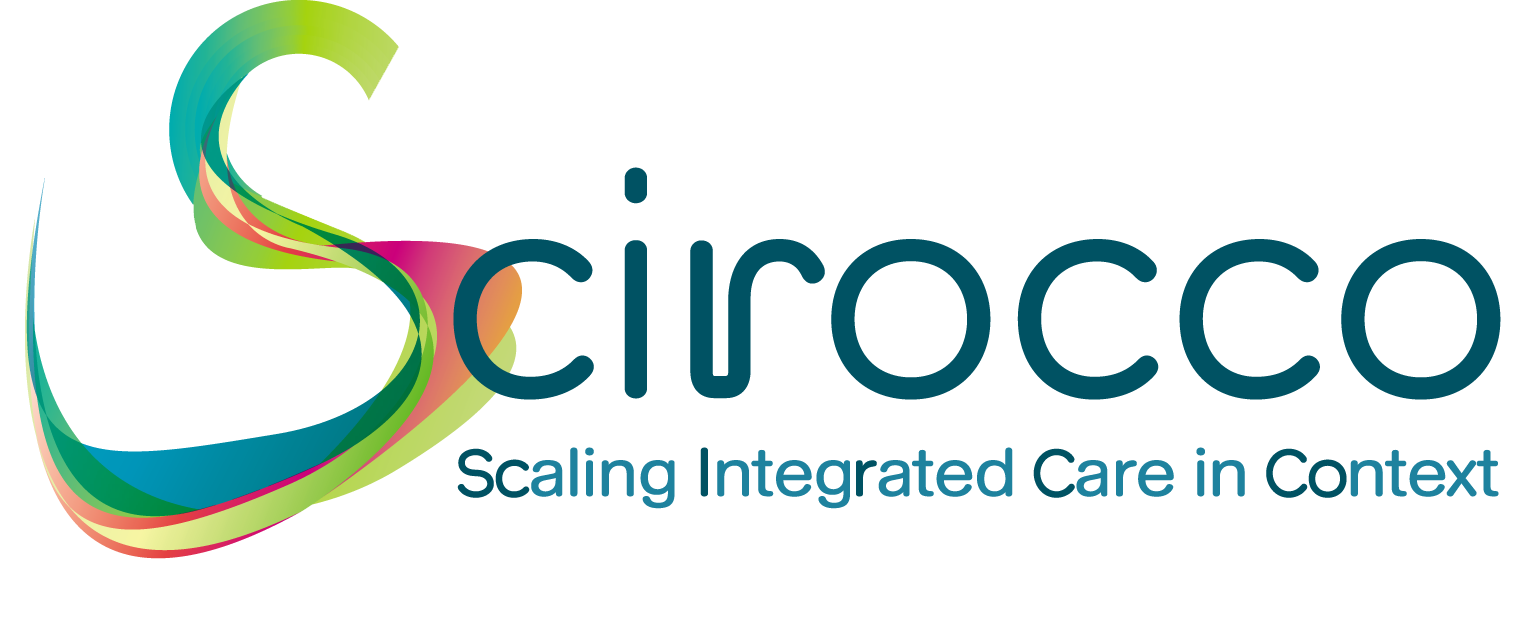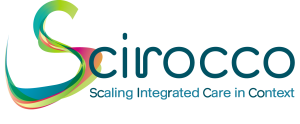Good Practices Overview | Basque Country | Czech Republic | Norrbotten | Puglia | Scotland
 CKD integrated care
CKD integrated care
Summary of the good practice:
Chronic kidney disease (CKD) has a high socio-economic impact, as it affects 10% of the world general population (700 M people). The Carhes Study reports an Italian CKD prevalence of 7.1% in the general population aged 35-79 years (2.2 million of Italians) that consumes about 2.5-4 % (around 5 billion euros) of the National Healthcare System’s budget for each year. To be precise, the Italian government is spending 1.8-2.0% of its gross national product invested in health to guarantee the healthcare system to Italian people affected by stage I-IV of CKD (GFR between 90-15 ml/min) and the same amount (1.8-2.0% of GNP) to treat 200.000 patients with a GFR less than 15 ml/min (about 150.000) or already on dialysis (about 50.000).
CKD is a silent disease that should be early identified by general practitioners (GPs) for an early referral to nephrologists to avoid its progression towards end stage kidney disease. The clinical characteristics of CKD patients have changed in recent years (aging and complexity), resulting in an increased burden of care for the healthcare facilities and the need for a more extensive involvement of families and social services.
In this context, our practice aims to create a new technological system, based on a new “digital” healthcare model, involving cooperation among different territorial care entities. Specifically, our practice aims to prevent CKD in general population, to early identify patients affected by CKD, to increase de-hospitalization of patients with overt CKD starting dialysis, to improve quality of life and to reduce the healthcare costs.
CKD integrated-care (Smart Health 2.0 project) is a platform with an e-learning environment, with edu-games for the empowerment of the general population (Help-Large) and patients affected by CKD with their caregiver, a business intelligence tool on board (ULYSSES) for the early identification of CKD patients through the analysis of clinical pathology data, a sofa (DIADOM), inspired by home living design and fully equipped with medical devices connected to a telemonitoring system (TELCARE) able to create an audio-video connection between patients, nurses and nephrologists.
In addition, Smart Health 2.0 project has trained Care and Case managers, Nurses and Physicians with specific expertise on the use of Ulysses, Help-Large and telemonitoring/teledialysis system, those will be the new professionals required for the creation of virtuous paths between hospital and territory.
Challenge addressed by the good practice
Smart Health 2.0 would like to support:
- The constant and progressive increase of aging in general population and the related increase prevalence of chronic degenerative diseases with an e-health platform able to empower them
- The early identification by general practitioners (GPs) of CKD, a silent disease, that should be early referred to nephrologists to avoid its progression towards end stage kidney disease.
- The de-hospitalisation of chronic patients on in-centre hemodialysis
- The demand for a good quality of life and the risk of marginalization of the most vulnerable people.
- The commitment of financial and human resources to guarantee access to healthcare: rationalization and redistribution of resources is needed to provide the best quality of care with the least possible financial commitment, in assistance retraining, client empowerment and integrative social health.
Key innovative elements of the good practice
The use of the platform brings assistance directly to the patient’s home, allows consultation among distant specialists, promotes the sharing of knowledge and diagnostic and therapeutic protocols, providing to the whole welfare system a powerful and efficient clinical information management infrastructure. The other innovative element introduced is the empowerment of the patient and caregiver through a social network and e-learning system, with a related quality of life increase.
Full Scirocco information on the good practice
SciroccoGP-Puglia-2-CKD-Integrated-Care.pdf [PDF]
Publications and reports on the good practice
n/a
Contact point: Prof. Loreto Gesualdo; loreto.gesualdo@uniba.it


